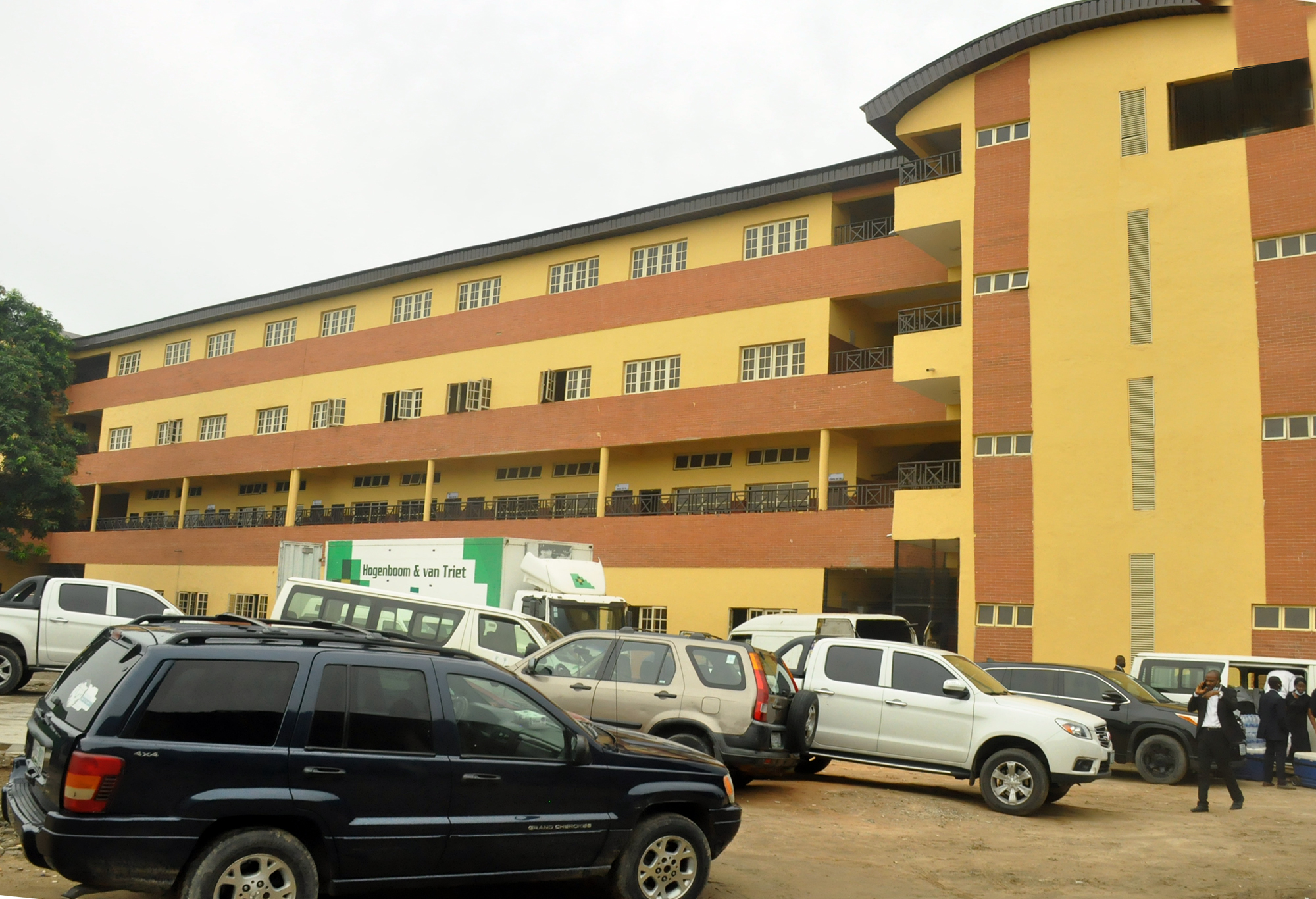Editorial
No To Hike In Varsity Fees

The House of Representatives was right when it urged federal tertiary educational institutions in Nigeria to refrain from exploiting the Students Loans and Access to Higher Education in Nigeria Act by raising their fees. As a result, the House has tasked its Committee on Tertiary Education and Services (once formed) with investigating the fee hikes in federal universities nationwide, to identify sustainable solutions for the challenges encountered by the tertiary education sector.
Consequently, the House has resolved to hold a legislative summit on student loans and access to higher education. This decision was made following the adoption of a motion by Terseer Ugbor, a member representing Kwande/Ushongo Federal Constituency of Benue State. The summit will involve all stakeholders in the education sector.
Ugbor’s motion advocated increased financing for higher education, highlighting the pervasiveness of Student Loan and Educational Credit Schemes in both advanced and developing countries. According to him, these schemes aim to provide students with the opportunity to borrow money for their educational pursuits.
Owing to inadequate financial capabilities and the intensifying rate of inflation, some federal universities within the nation have resolved to hike tuition fees by 100 to 200 per cent, while simultaneously increasing hostel fees by 50 to 100 per cent. This measure is presumed excessively unjustifiable. Members of the House have called for action, and we believe their call holds great significance.
The universities that have reportedly hiked their fees so far include Bayero University, Kano (BUK); the University of Nigeria, Nsukka; the University of Uyo, the University of Maiduguri, Michael Okpara University of Agriculture, Umudike; Federal University, Dutse, and the University of Lagos, among others.
The upsurge in fees occurs as a result of a declining state of poverty, inflation, high unemployment, and a recent fuel price hike. It is peremptory to recognise that this increase may have intense ramifications for students, which could possibly result in deferred studies or even forced dropouts.
We worry the hike in fees may aggravate the previously volatile situation in the country, with students threatening an uprising against the Federal Authority. This could have dangerous repercussions for the nation. Tertiary education is pivotal for advancement, poverty rebate, and national prosperity. We appeal to the Federal Ministry of Education to promptly reconsider and revert to the old fees regime.
Sadly, the Federal Government has not formally declared a policy reversal regarding tuition fees in federal universities. However, Nigerians are gradually realising that federal universities have not been tuition-free for quite some time, despite the prevailing narrative. In truth, virtually all universities now request students to pay varied fees. And these institutions are progressively raising the various categories of fees astronomically.
Despite the soaring cost of university education in Nigeria, the National Universities Commission (NUC) and the Academic Staff Union of Universities (ASUU) maintain that federal universities are tuition-free. However, in what amounts to dual speak, the commission has further stated that it may consider implementing regulations on fees in universities.
In the 2023 federal budget, the education sector received N1.79 trillion, with N470 billion specifically allocated to tertiary institutions. Additionally, N248.3 billion was apportioned to the Tertiary Education Trust Fund (TETFund). It is worth noting that universities also generate considerable revenue, although accounting practices for this revenue are generally lacking.
The Federal Government’s approach to education loans is impaired in adequately resolving the funding question predominant in the sector. Scandinavian nations, conversely, serve as an exemplar following their unwavering adherence to granting tuition-free education, recognising its immeasurable value, and far-reaching influence.
The unbroken escalation in fees at Federal Government owned universities indicates a paucity of appreciation for education by the nation’s managers. It likewise demonstrates a contempt for the principle that strong educational institutions are essential for national development. These institutions play an indispensable role in generating well-rounded individuals who can contribute to society through well-planned strategies, policies, programmes, and projects.
An effective education sector and uninterrupted infrastructural expansion are compelling for the growth of our nation. Israel serves as an illustration of a nation that prioritises education and fuses it with social and political action to achieve progress. They make education a preference and sacrifice as a nation to attain it.
Nigeria must make quality education accessible to all citizens, regardless of their background. This includes ensuring that education is subsidised and considered as a human right. To accomplish this, the government must demonstrate the political will to appropriate ample funds for education in line with the United Nations Educational Scientific and Cultural Organisation’s (UNESCO) budgetary proposal.
Editorial
HYPREP And The Collapsed Water Tank

Editorial
Resurgence Of Illegal Structures In PH
Editorial
Certificate Forgery, Loss Of Public Trust

-

 Featured3 days ago
Featured3 days agoOil & Gas: Rivers Remains The Best Investment Destination – Fubara
-
Nation3 days ago
Hausa Community Lauds Council Boss Over Free Medical Outreach
-

 Nation3 days ago
Nation3 days agoOgoni Power Project: HYPREP Moves To Boost Capacity Of Personnel
-
Nation3 days ago
Association Hails Rivers LG Chairmen, Urges Expansion Of Dev Projects
-
Nation3 days ago
MOSIEND Calls For RSG, NDDC, Stakeholders’ Intervention In Obolo Nation
-
Nation3 days ago
Film Festival: Don, Others Urge Govt To Partner RIFF
-

 News3 days ago
News3 days agoNDLEA Arrests Two, Intercepts Illicit Drugs Packaged As Christmas Cookies
-
Rivers3 days ago
UNIPORT Moves To Tackle Insecurity … Inducts Security Experts

